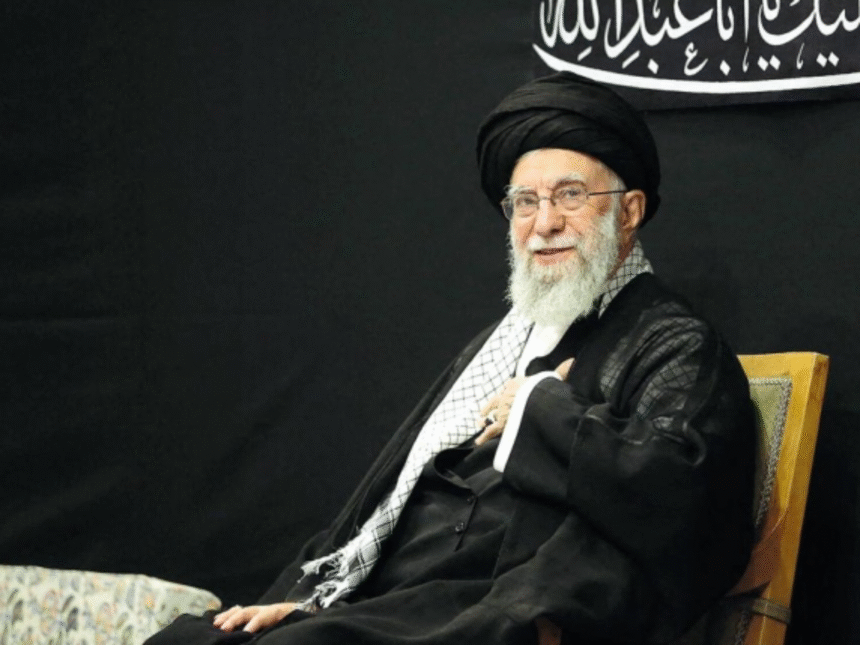In the wake of growing external pressure and internal instability, the Iranian regime has launched a sweeping and brutal campaign of repression, arresting over 1,000 people within just three weeks. The move, observers say, is an attempt by Supreme Leader Ali Khamenei’s government to tighten control at home following escalating tensions with Israel and Western powers.
The crackdown, described by human rights groups as one of the harshest in years, has disproportionately targeted ethnic and religious minorities, activists, artists, and ordinary citizens. Individuals have been accused of espionage, “collaboration with the enemy,” and support for Zionist or Western agendas—labels broadly applied to dissenters and critics of the regime.
Targeted Killings and Arrests
Among those affected are two young tourists, Alireza Karbasi and Mehdi Abai, who were reportedly killed by Basij forces during an operation dubbed “Fighting Mossad” in the Hamadan valley. In Sistan-Baluchistan, one woman was killed and 11 others injured by Islamic Revolutionary Guard Corps (IRGC) gunfire. In Shiraz, director Negin Aminzadeh was arrested, while Raquel Ataian, a young woman from the Bahá’í community, was taken into custody and transferred to an undisclosed location.
Kurdish citizens, such as Seyyed Kamal Ebrahimi and Younes Tanhayi—father of two—were detained in separate raids. At least 50 others were rounded up in recent police operations, primarily in Kurdish and Baluchi areas.
State of Fear and Surveillance
Since the end of the so-called “12-Day War” on June 24, Iranian messaging apps and social media have been flooded with lists of the arrested, disappeared, or executed. Warning messages circulate round-the-clock—“Be careful at checkpoints” or “Two Kurdish boys are missing”—underscoring a climate of constant surveillance and fear.
A journalist told Corriere della Sera: “Since the Israeli bombings on Tehran, we knew the regime would turn inward. And it did.”
Mass Transfers and Legal Repression
Following the bombing of Evin Prison, 13 foreign prisoners were relocated to Fashafoyeh prison, while 60 political detainees were sent to the notoriously harsh Gharchak facility. Many fear for their safety.
Meanwhile, the Iranian Parliament has passed a draconian law allowing the death penalty for those convicted of espionage. Trials are held without independent legal representation or transparency.
Hadi Ghaemi from the Center for Human Rights in Iran stated:
“The Islamic Republic, like a wounded animal, lashes out violently. Arrests are arbitrary. The charge of ‘threatening national security’ is used as a tool of intimidation.”
Silencing Dissent Through Digital Darkness
The regime has also intensified its digital clampdown. Internet access is deliberately cut in various regions to prevent documentation and reporting of state violence. Sharing photographs of Israeli strikes or criticizing the government is forbidden and can result in imprisonment or death.
There are growing concerns for two French nationals, Cécile Kohler and Jacques Paris, imprisoned for nearly three years and now charged with espionage and attempting to overthrow the state—crimes that carry the death penalty. Analysts believe they are being used as political leverage.
Western citizens remain targets. Iran has reportedly arrested at least three foreigners recently, accusing them of collecting intelligence on military sites.
Even Afghan refugees, long marginalized in Iran, have not been spared. More than 256,000 Afghans were deported in June alone, under the pretext of national security concerns.
International Silence and a Deepening Crisis
As Khamenei made a rare public appearance following the Israel-Iran conflict, his regime’s message was clear: dissent will not be tolerated. The mass arrests, killings, and repressive laws mark a deepening authoritarian turn at a time when Tehran feels increasingly besieged both internally and externally.
Human rights groups are calling for urgent international attention as Iran sinks deeper into a repressive abyss.







